
Texas A&M Life Sciences NETWORK
Outreach – Admissions – Community
An interdisciplinary approach to graduate education
Life Sciences Network participants
- Doctoral Program in Biochemistry and Molecular Biophysics (BCBP)
- Interdisciplinary Graduate Program in Genetics and Genomics (GGEN)
- Graduate Program in Medical Sciences (MSCI)
- Neuroscience (NRSC)
- Doctoral Program in Nutrition (NUTR)
- Interdisciplinary Faculty of Toxicology (IFT) Graduate Program (TOXI)
In the News

Life sciences doctoral programs highlighted at Texas A&M symposium
Spring 2026 Events
Join us for the 2026 Life Sciences Graduate Recruitment Symposium February 6th, 2026.
Register for our event here by January 22nd, 2026:
https://agriliferegister.tamu.edu/nfsc-ev-005






2025 Life Sciences Graduate Recruitment Symposium

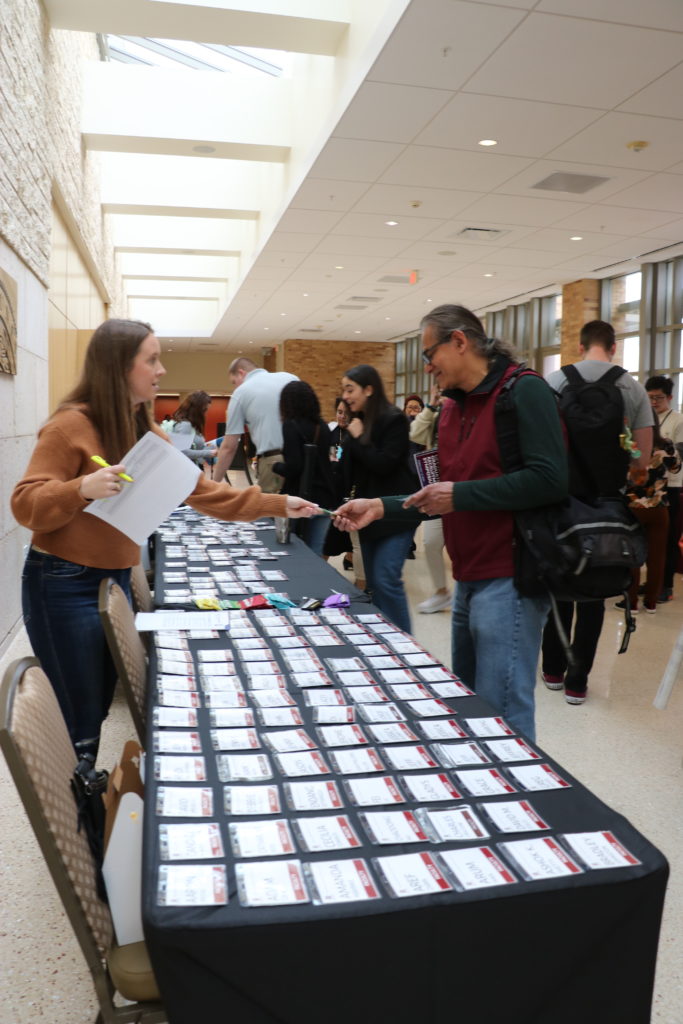

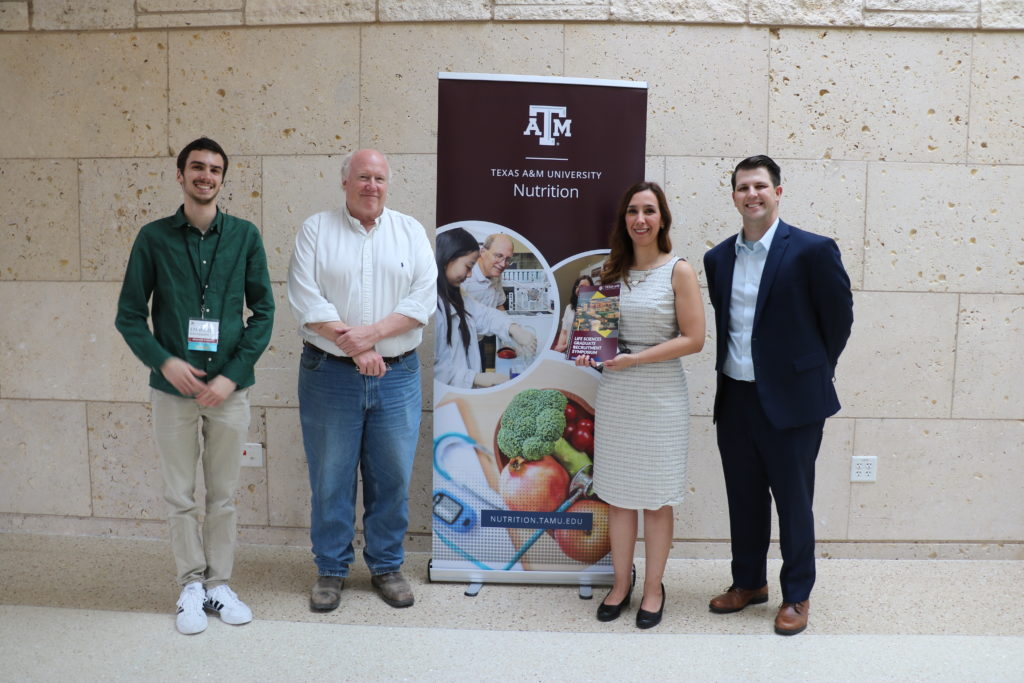


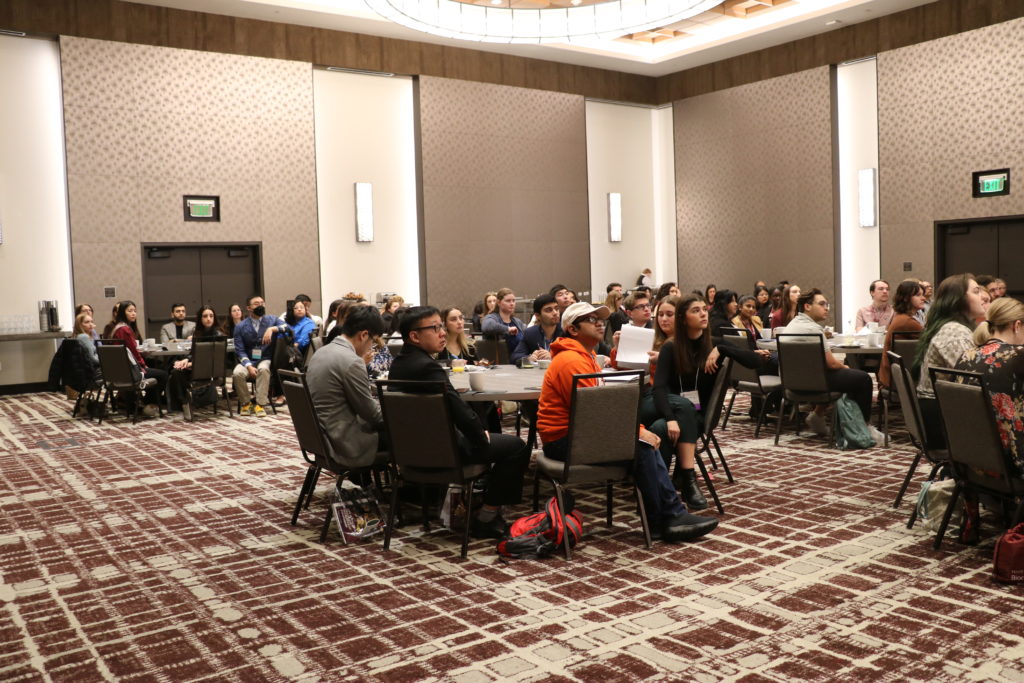

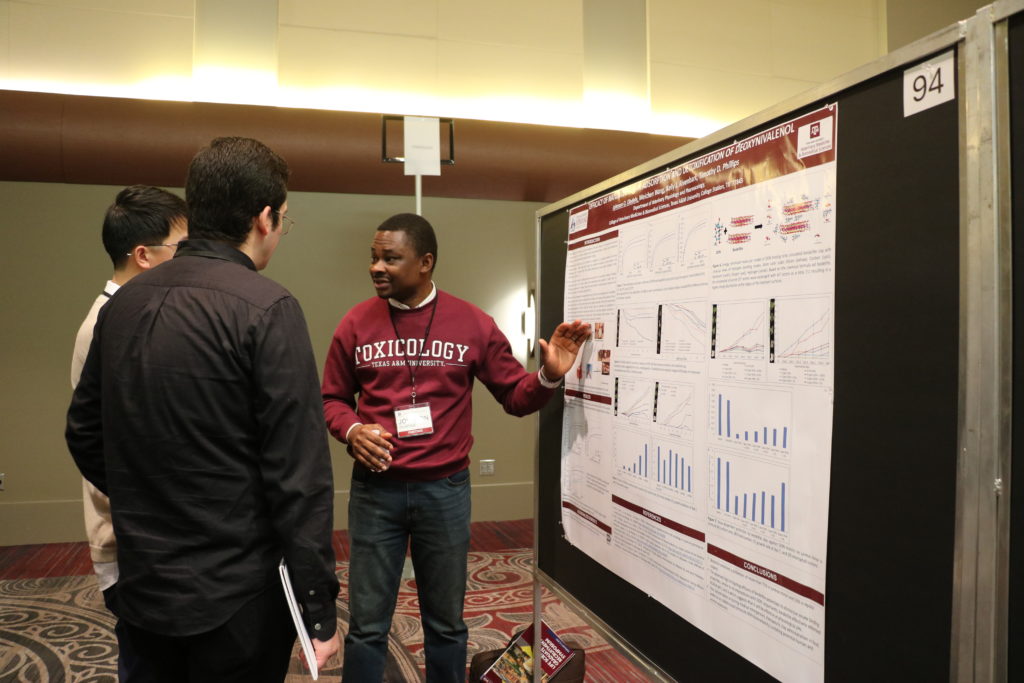

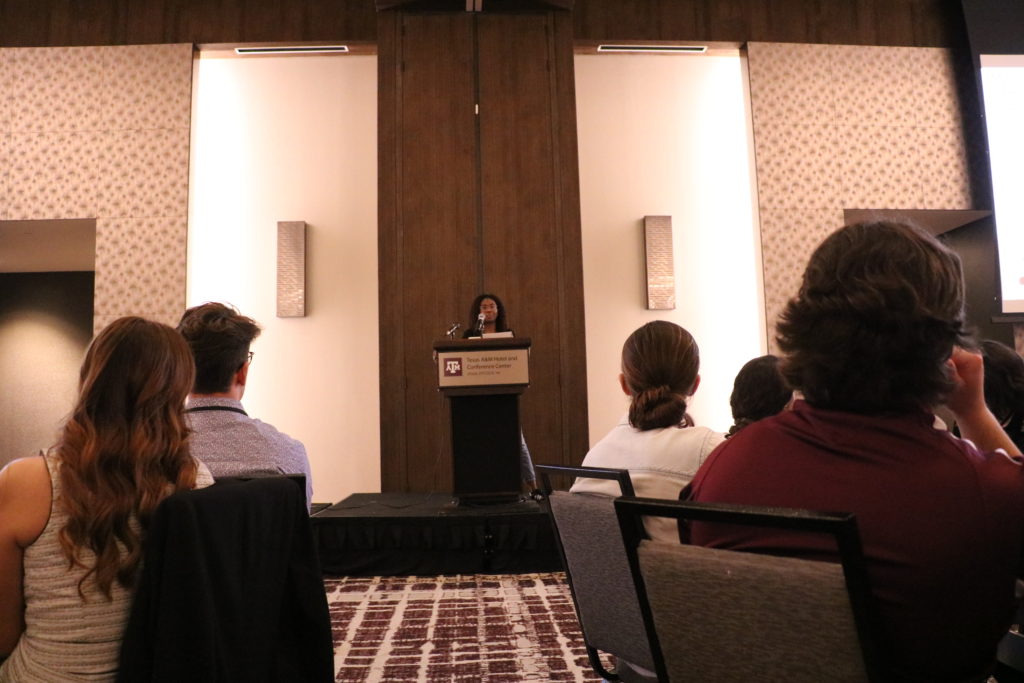







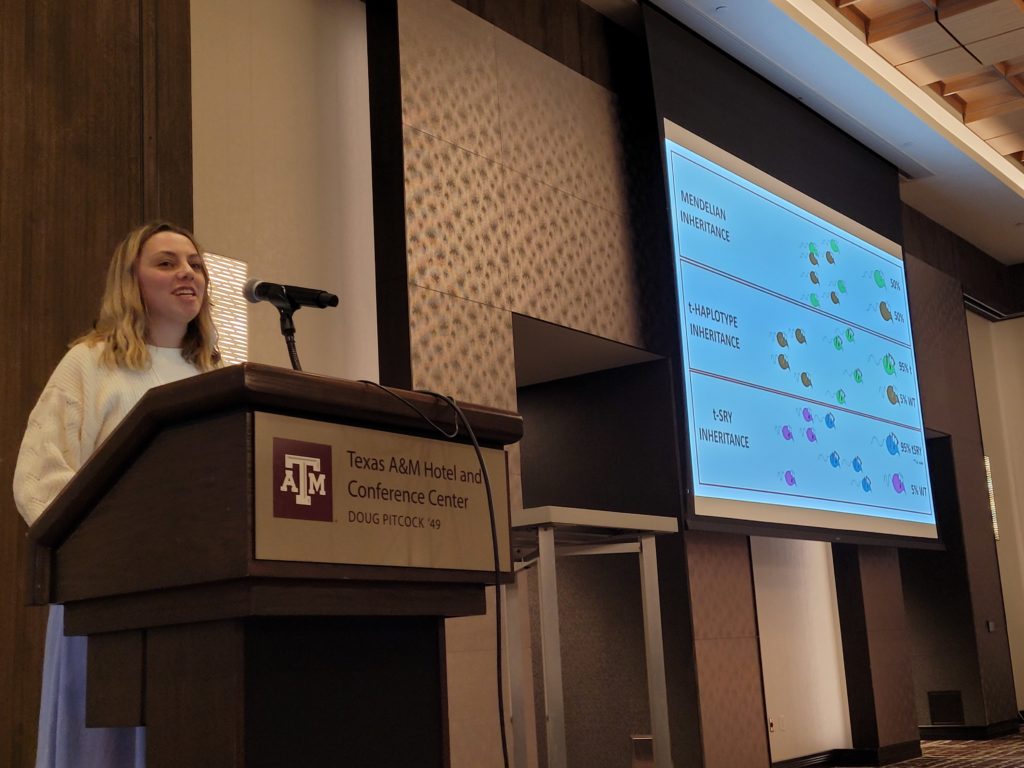






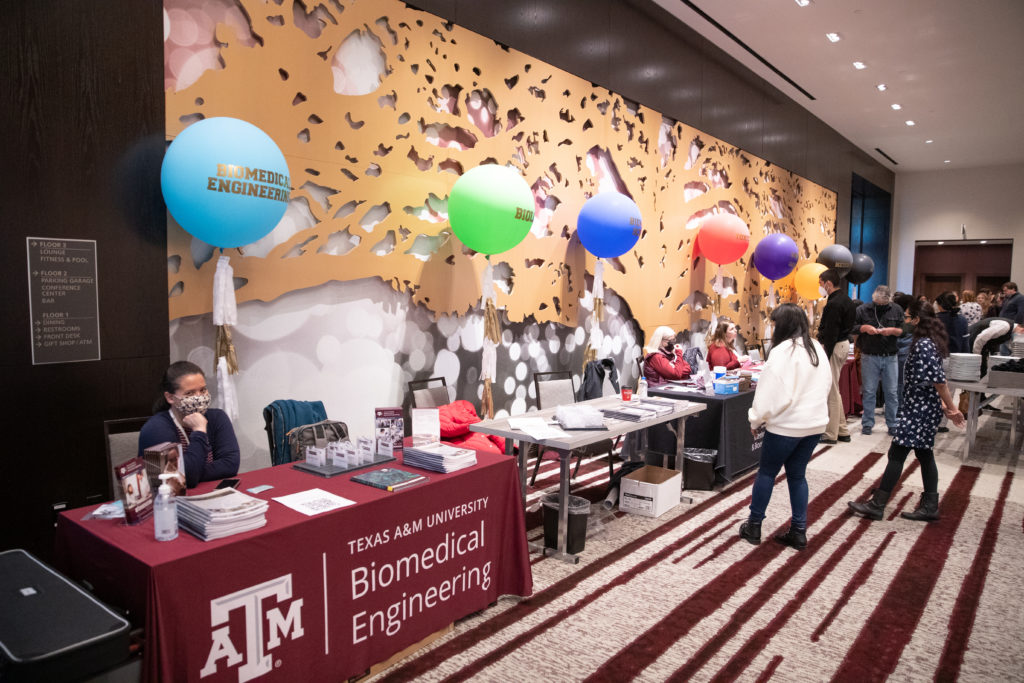





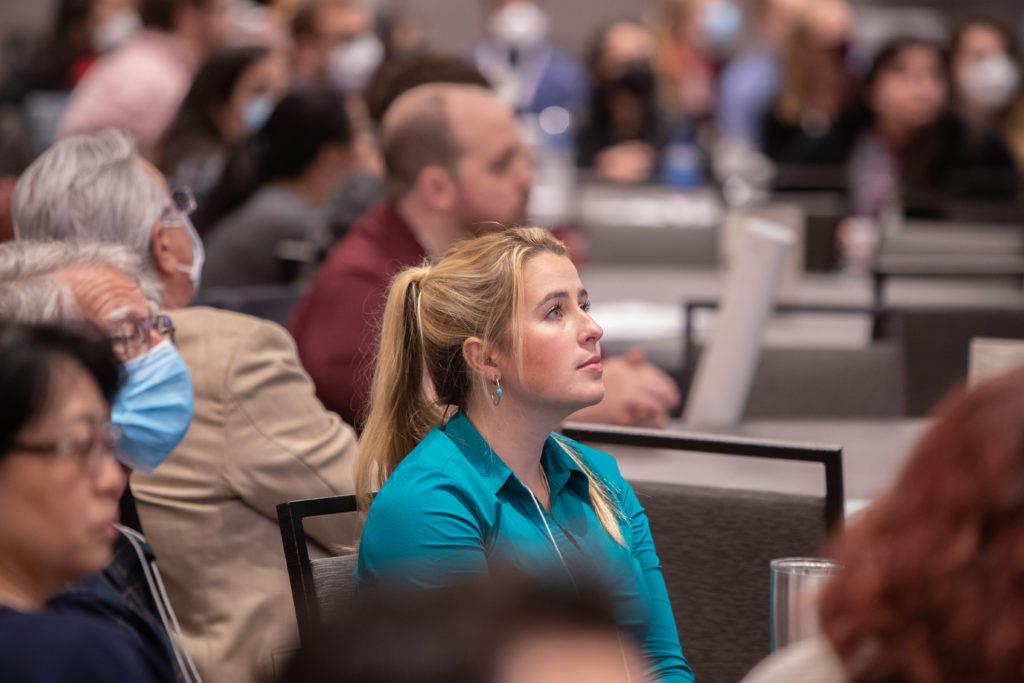




Welcome to the Texas A&M University Life Sciences Network
At Texas A&M University, six graduate programs in the Life Sciences have come together to form a collaborate network to facilitate cross-disciplinary collaborations, join their outreach and recruitment efforts, build a graduate student community, and bring diversity to the institution.
The Texas A&M Life Sciences Network (LSN) represents the premier Ph.D. programs in the life sciences that collaborate on recruiting, orientation, programming, and graduate student support. These programs provide exceptional opportunities to pursue a Ph.D. degree across a wide breath of life science disciplines and represent the most stellar faculty and research programs on campus. The participating LSN programs represent all NIH T32 Training Grant programs, a national hallmark of program excellence.
Choosing a Life Science Ph.D. Program
Students in any LSN program can access training resources and facilities across the Texas A&M campus. However, each Ph.D. program is independently administered and varies in focus, curriculum, application due dates, and degree requirements. Prospective students should explore each participating LSN program.
Participating Programs
Biochemistry and Molecular Biophysics: The Ph.D. program in Biochemistry and Molecular Biophysics provides training on pressing scientific challenges of modern society through cohesive application of both empirical and theoretical methods in the biochemical sciences.
Genetics and Genomics: The Ph.D. program in Genetics and Genomics (GGEN) is an interdisciplinary graduate program that provides training all disciplines of genetics and genomics, from computational genetics and bioinformatics to molecular, organismal, and evolutionary genetics and genomics.
Medical Sciences: The Ph.D. program in Medical Sciences provides training in a wide area of biomedical problems including infectious diseases, cancer, neuro-degenerative diseases and trauma, substance use and psychiatric disorders, heart and lymphatic disease among others.
Neuroscience: The Ph.D. program in Neuroscience prepares students meet wide-ranging needs in industry, medicine, defense, and academic fields. The interdisciplinary program spans several colleges (Arts and Sciences, Medicine, Liberal Arts, Engineering, Veterinary Medicine) thereby offering access to a breadth of tools, training and expertise not normally found in single departments.
Nutrition: The Ph.D. program in Nutrition provides training in all areas of nutrition ranging from nutritional biochemistry and molecular biology of nutrients to nutritional physiology, applied human nutrition, community nutrition, and nutritional policy.
Toxicology: The Ph.D. program in Toxicology is an interdisciplinary graduate program that provides training in mechanistic research and risk assessment with a focus on scientifically sound, risk-based regulatory evaluations of the effects of drugs and other chemicals on human health and the environment.
Applying to an LSN Program
Each program administers its own admission process, although prospective students may apply to up to three programs. All programs evaluate applications using a holistic review. Programs in the LSN are partially supported by an NIGMS T32 Training Grant: Initiative for Maximizing Student Development and some programs have discipline specific NIH T32 Training Grants. GRE scores are not required by the programs. All LSN program applications are through Texas A&M’s GradCAS.
Applying to Multiple LSN Programs
Prospective students are encouraged to review each LSN program to identify the program that best meets their academic interests and career aspirations. Prospective students may apply to up to three programs each academic year. Each program will independently evaluate the applications. Prospective students who receive invitations from multiple programs to the in-person Life Sciences Graduate Recruitment Symposium, the programs will coordinate to allow the prospective students to meet with all interested programs.
When applying to multiple programs, make sure each application is unique and addresses your interest in each program. This will usually require separate application essays. Transcripts and letters of recommendation will also be submitted separately for each program.
Why Choose Texas A&M?
At Texas A&M University, graduate and professional students learn from faculty members who are respected experts at the top of their fields. They work together in state-of-the-art facilities to solve pressing global challenges. Through practical learning experiences, students gain the skills and knowledge needed to excel professionally in their chosen field.
If you value excellence, integrity and selfless service — and you want to lead positive change in the world — a graduate or professional program at Texas A&M could be right for you. Learn more about the Graduate and Professional School at Texas A&M University.
Upcoming events:

| Feb. 6 | LIFE SCIENCES GRADUATE RECRUITMENT SYMPOSIUM AGENDA |
|---|---|
| 8:00 am – 12:00 pm | Welcome Breakfast with remarks from Dr. Fuhui Tong | Vendor and research facilities cores show | Applicants only |
| 12:00 pm – 2:00 pm | Program-specific time & lunch | Applicants only |
| 2:00 pm – 4:00 pm | Poster session| James A. Baker III 4141 Locomotive Pavilion |
| 4:30 pm – 6:00 pm | Graduate student short oral presentations | James A. Baker III 4141 Locomotive Pavilion |
| 6:00 pm – 6:30 pm | Keynote address: Erin Winick Anthony, Science Communicator and Founder of STEAM Power Media | James A. Baker III 4141 Locomotive Pavilion |
| 6:30 pm – 8:30 pm | Banquet & Mingle – Cash Bar | James A. Baker III 4141 Locomotive Pavilion |
